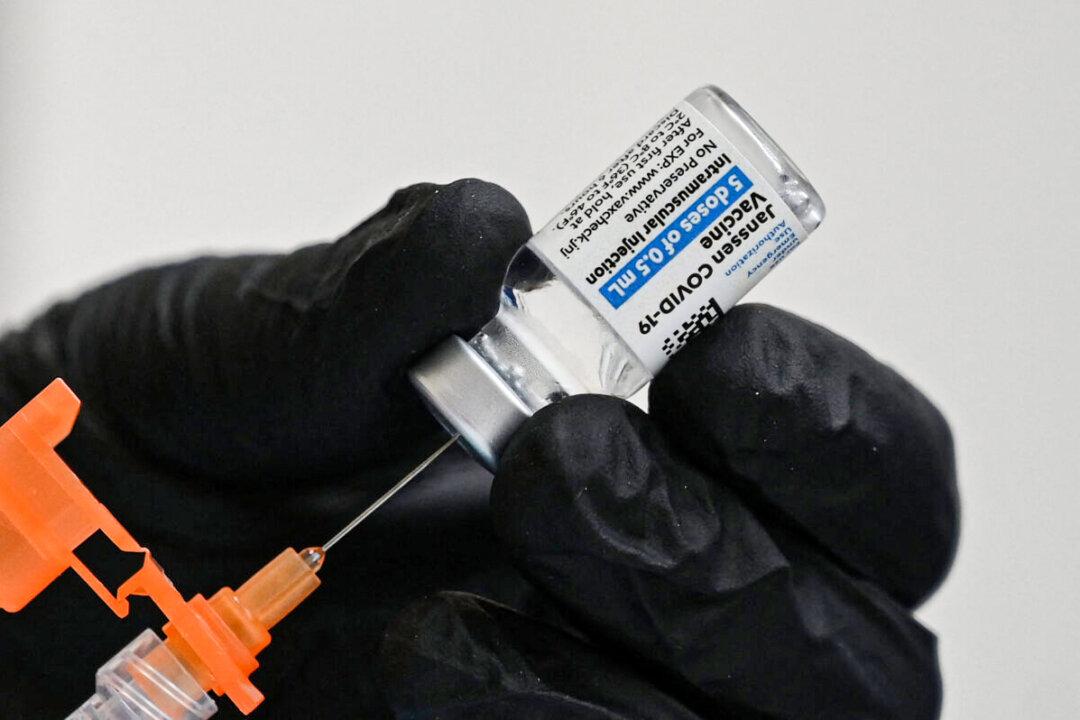Australians will be eligible for a third dose of a COVID-19 vaccine earlier after the nation’s immunisation body recommended a shorter time frame.
Health Minister Greg Hunt announced on Friday that from Jan. 4, booster shots will be brought forward to four months after the second dose, from five months currently.





